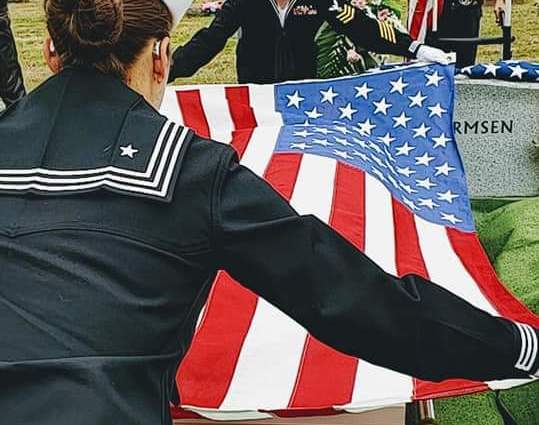This week, we are going to talk about Depression and the Holidays, and I’m dedicating this blog to all my friends who lost loved ones in 2020. I know many people who are having to navigate the holidays this year after losing a parent. It’s so hard. That loss is just made more obvious by their empty chair at the dinner table, the special ornament they gave you when you were 10, or the lack of advice when you are trying to cook the turkey “the way mom did it.”
Death isn’t the only thing that keeps us apart at the holidays. Estrangements, COVID requirements, military duty, and differences in belief systems can create an absence, but for purposes of this week’s topic, we are going to focus on the death of a loved one. Regardless of the cause, the results are often the same. Sadness, depression, lethargy, and lack of motivation, so even if you didn’t lose someone, you may still be able to relate to this chat.
My friend who recently lost her mother said, “I just don’t have the energy to put up the tree. I know my kids will be disappointed, but without her here, it doesn’t seem right“. Indeed. Especially following a death, it feels disloyal to carry on as if nothing has changed when everything has changed.
While I’m not a doctor and I don’t have all the answers, I do know what has helped ease this pain for me. Take your body and your mind will follow. It’s true. It is some of the best advice I’ve ever received, and it works. Your mind will tell you it isn’t worth it, that you’re too tired, and that you can try again next year. Don’t listen. Seriously, don’t. Because if you do, then the holidays will only be the beginning of that mindset. Pretty soon, you won’t meet your best friend for coffee, you won’t go to the gym (after the restrictions lift), and eventually you won’t even take a shower. It escalates quickly.
Override your brain, and allow your body to function. Your mind will catch up. Put up that tree, or light that Menorah candle. Do whatever your holidays used to entail and do it in their memory if for no other reason. Honor them by continuing their traditions.

Charity Payne
Movement is so crucial after a loss. While laying in bed and doing nothing sounds a lot more logical, it is super hard on you in more ways than one. So what kind of movement are we talking about? Jogging? Tennis? No. Well, unless that’s your jam. Even Yoga can offer us the benefits we need when dealing with grief, but something as simple as sewing, cleaning the house, or even taking a shower can move your arms and legs and get you going so that you can hopefully move on to walking or swimming down the road.
Lydia Smith wrote an article on this topic, and a woman she interviewed had this to say about movement after loss. In this case, she lost her 23 year old daughter right before Christmas.
Nicola began yoga, which she had never done before, as a tool to process her grief.
“I was thrown into a situation where I was working full-time as a solicitor and dealing alone with my grief for my daughter, supporting my mother who had lost her first grandchild, my teenage son who has lost his wonderful sister, and her friends who had lost someone very special in their life, and I needed something to help me,” she says.
“Yoga has been my solace. I am doing exercise and learning a new physical skill that is keeping me physically fit and releases happy hormones,” she adds. “I also find that my yoga and meditation provide me with a safe place to exercise my grief. It has become my lifeline and I want to be able to offer this solution to others who may be in this situation.“
Nicola has now set up the Hannah Whitley Foundation in her daughter’s name to provide free yoga and meditation to help others who are struggling with loss and grief.
While there are many things one can do to work through grief such as counseling and group therapy, movement can cover a wide range of issues that maybe you didn’t even know you had and some of those issues may have been present long before the loss of your loved one.
This video explains what happens to our bodies when we stop moving. I found it to be fascinating. I hope you do too.
Let me just say that I feel your pain. I’m so sorry for your loss. It’s a pain that is unlike any other and each of us will deal with it differently, but trust me when I say, your body still needs you to move it. Cry if you feel like crying, stop socializing if you don’t have the ability to tolerate questions or sympathy, but please keep moving. Your mind will follow you. I promise.

This blog should not be considered to be medical advice. Your personal health is best discussed one-on-one with your personal physician. Rather, this blog is intended to highlight the distinctive philosophy and practice of osteopathic medicine as expressed by the author and does not necessarily represent the opinion of the Northwest Osteopathic Medical Foundation, or other Osteopathic physicians. The information and opinions are solely those of the author. For more information, go to www.nwosteo.org.


.png)
 By
By